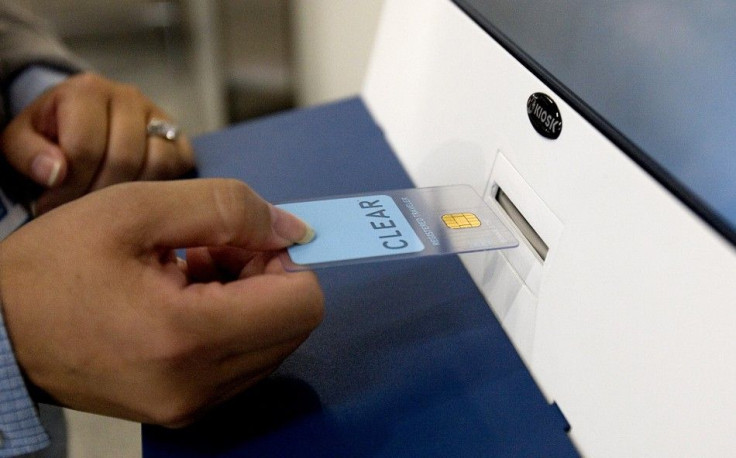Development Of Quantum Hard Drive Could Be Key To "Unbreakable" Encryption

An Australian research team which included physicists from the Australian National University and the University of Otago have developed a new hard drive which will help store data for hours. The hard drive is the first solid state quantum device in the world.
According to Gizmodo, the device can store tangled data for a period of up to 6 hours. Currently, in the state of quantum entanglement, data could be stored only for a short period of time. Quantum entanglements helps in securing information online.
The physicists created the hard disk by embedding an atom of a rare earth metal called europium into a matrix made of crystals. The information would be written using lasers when the atom is in the spin state and then would be stored for hours by locking the spin of the atom with a pair of magnetic fields, one of which is fixed and the other oscillating.
Manjin Zhong, the lead author of the study and a researcher at the Centre for Quantum Computation and Communication Technology, Laser Physics Centre, The Australian National University , said that usually the quantum states were fragile and would collapse in a matter of a few milliseconds. She said that they could imagine storing light which was entangled in separate crystals, after which they would be transported to different parts of networks which are thousands of kilometres apart.
Her team believed that the distribution of quantum information would be possible between any points on the globe. She said that this system could be used to "perfectly secure encryption" while transmitting data.
It was speculated that if these systems work well, then one day, global data encryption network would be possible and the spin states of the two atoms would match regardless of the distance between them. The quantum effect would help in the prevention of third parties from tampering with data as if this does happen then changes would take place to one of the spin states which will in turn affect the other. Dr Jevon Longdell, a senior lecturer from the University of Otago said that the europium spins were isolated by the two fields which would help in the prevention of the information being leaked.
Contact the writer: afza.kandrikar@gmail.com






